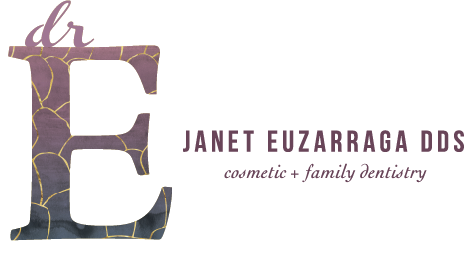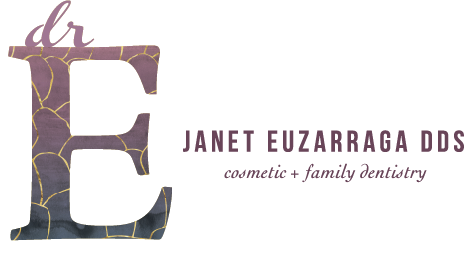What is Your Tongue’s Role in Oral Health?
When you think of oral hygiene, you probably think in terms of brushing and flossing your teeth. But did you know your tongue also plays a vital role in oral health? That’s right! The health of your tongue also directly impacts oral health.
Let’s explore your tongue’s role and how to take care of your tongue to boost dental health. Read on…
All about the tongue:
Your tongue is a highly muscular organ. In fact, it’s all muscle and no bone! It has a huge range of motion and shape—it can lengthen, shorten, curl and more—contributing to vital functions like speaking, eating and swallowing. The tongue is covered in tiny bumps called papillae (aka your taste buds) and it is separated into two halves: the connective septum and lingual septum. Intrinsic muscles of the tongue help alter its shape while extrinsic tongue muscles alter the position of the tongue. They work in concert with the inner muscles of the tongue to help it function.
Your tongue and bacteria:
Bacteria can hide and multiply within the crevices of the tongue. Just think about all the bacteria you leave behind on the tongue after drinking and eating.That’s why it’s so important to brush your teeth and tongue. Bacteria left on the tongue can eventually lead to plaque, tartar buildup, dental decay and infection.
Signs your tongue may be in trouble:
Remember, a healthy tongue is usually bumpy and pink. Here are some “tongue trouble” signs Dr. E will look for during your well check—and you should watch out for them, too:
- A white tongue may signal poor oral hygiene
- Discoloration and coating can signal thrush, canker sores or bacterial infection
- Inflamed papillae may indicate bacteria, yeast, or dehydration
- A webbed or striped tongue may indicate dry mouth
- Bite marks on the tongue could signal teeth grinding
- Change in overall tongue color may indicate vitamin deficiency
- Chronic tongue pain could be a symptom of a condition like inflamed taste buds or even anemia or diabetes
How to brush your tongue:
The most effective way to rid your tongue of bacteria is to brush or scrape it properly:
- Move a toothbrush back and forth, in circles and side to side gently over your tongue
- Brush your entire mouth, including your gums—all areas are susceptible to bacterial overgrowth
- Stick out your tongue to check that it is visibly clean and free of coating/bacteria
- If necessary, use a tongue scraper to remove stubborn bacteria—and finish off your routine with some mouthwash
These additional tips will also help you keep your tongue—and your smile—healthy:
- Eat a balanced diet
- Limit sugary foods/beverages
- Stay hydrated
- Avoid smoking and limit alcohol consumption
- Visit your dentist regularly
Is it time for your next dental visit? Contact the Dr. E Cosmetic and Family Dentistry team today to schedule your appointment: 480-494-2435


